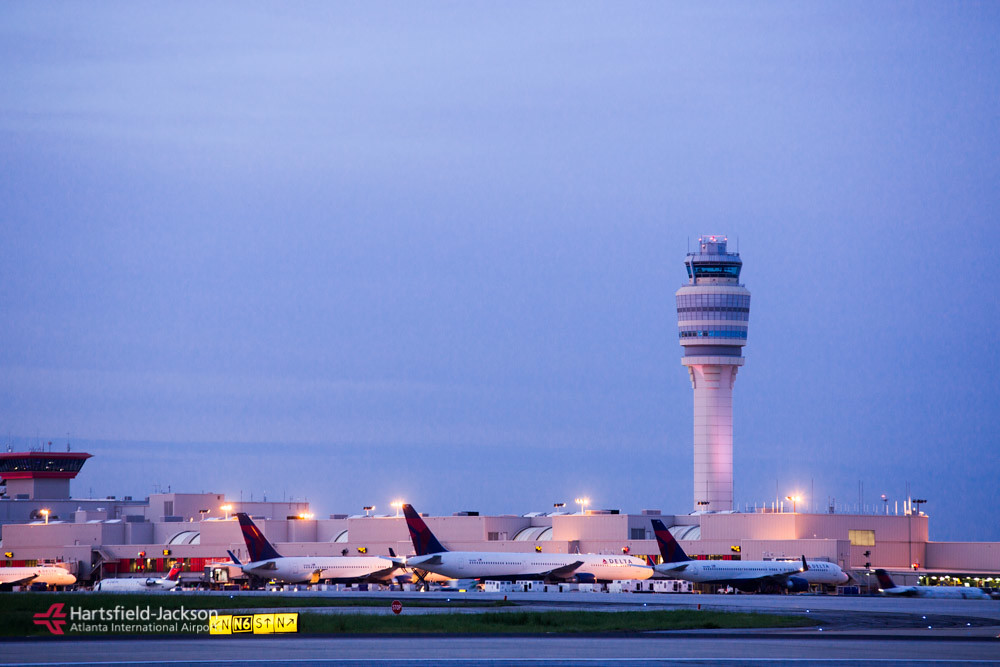Last month, ACI World and Amadeus hosted a webinar alongside global airport leaders to discuss the evolving landscape of airport customer experience.
With examples from airports in Istanbul, Mumbai, and Quito, the session highlighted how data, technology, and collaboration can enhance the passenger journey, while also improving the employee experience.

The attending airports have each received Level 5 awards in ACI World’s Airport Customer Experience Accreditation programme, recognising their achievements in operating customer-centric environments.
A Shared Strategy
To truly enhance the customer experience, Yasin Yilmaz, Customer Experience Deputy Manager at iGA Istanbul Airport, highlighted the importance of aligning all stakeholders. For example, the airport’s Joint Customer Experience Policy was developed collaboratively with airlines, security, ground handlers, retail, and government bodies. This unites all parties, rather than just the airport operator, with a single customer experience strategy.
The aim was to ensure consistency across all passenger touchpoints. As a result, even when the airport faces operational disruptions, frontline teams across different organisations respond in a coordinated way.
Using Data in Real Time
Meanwhile, Yadu Arora, Head- Quality & Customer Experience at Mumbai International Airport, shared how the airport integrates the ASQ (Airport Service Quality) Insight tool with its internal systems to respond quickly to passenger issues. Real-time alerts from feedback kiosks have enabled operational teams to resolve bottlenecks while passengers are still in the terminal, rather than addressing issues after complaints are logged.
For example, if negative feedback increases at a security checkpoint, the system flags it, prompting a supervisor to reassign staff immediately. This live feedback loop supports faster decision-making and has led to visible improvements in queue times and staff responsiveness.
Using Existing Resources
Alisson Larrea, Marketing, Corporate Affairs and Social Responsibility at Quito International Airport, advised airports to begin by identifying what’s already in place. When starting the ACI Customer Experience Accreditation process, the airport reviewed existing initiatives, picked a few underdeveloped ideas, and built out from there.
Notably, Larrea emphasised that the accreditation process is not simply paperwork. The ACI team provides feedback and guidance throughout, making it a collaborative improvement effort rather than a one-off application. This structure helped Quito identify “quick wins”.
Alisson Larrea, Marketing, Corporate Affairs and Social Responsibility at Quito International Airport said:Start small. Start with those quick wins... Check the things that you already have, the things that you were thinking about doing but haven’t yet.
Employee Experience
The speakers also stressed the link between staff satisfaction and passenger experience. As a result, Istanbul Airport includes airport employees in its feedback systems, recognising that workers across multiple employers influence the customer journey. Quito echoed this, noting that improvements in staff training and morale had a direct impact on how passengers perceived service quality.
The webinar concluded with a reminder that accredited airports and ASQ Award winners will be recognised at the ACI Customer Experience Global Summit in Guangzhou, China, this September. The event will feature case studies and practical workshops for airport leaders focused on customer-centric innovation.












